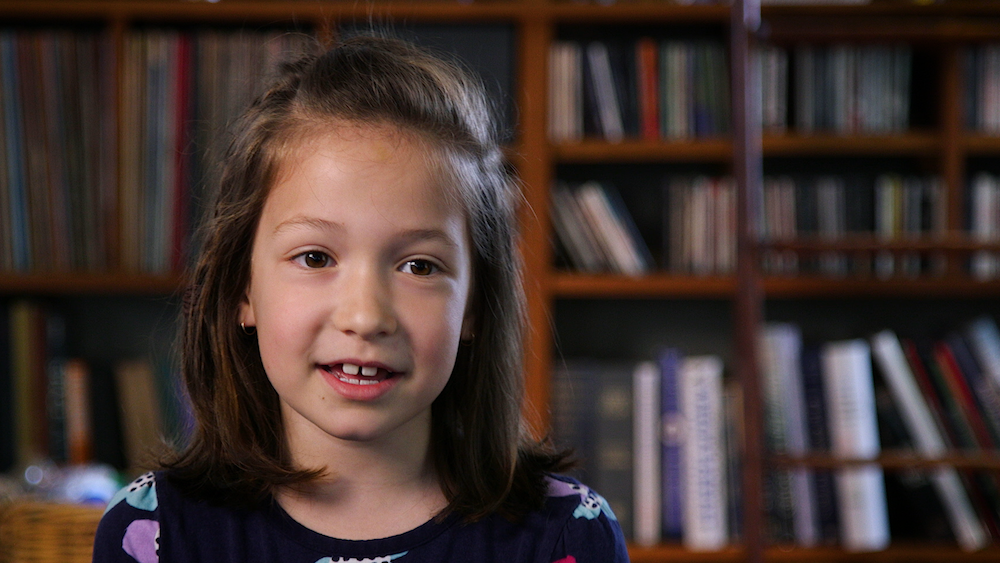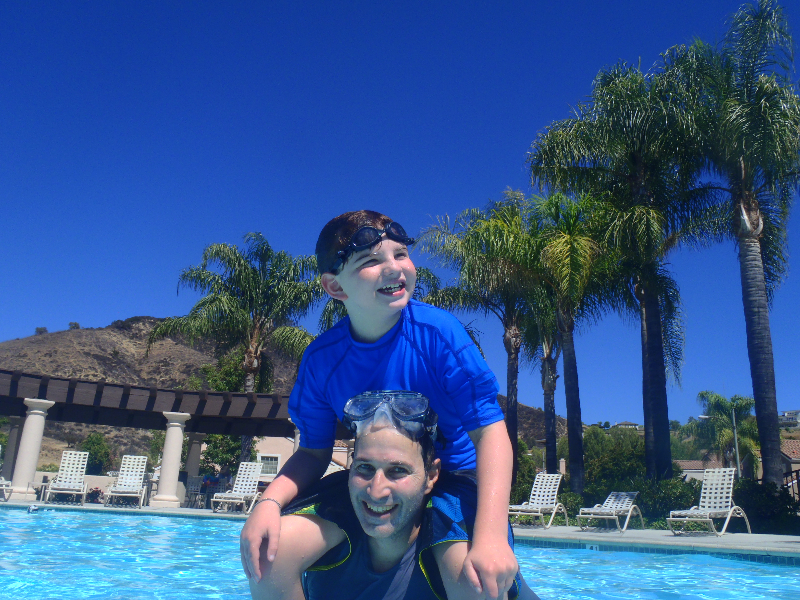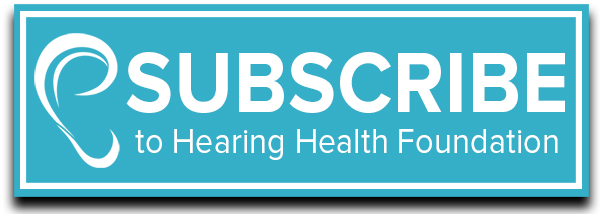By Joe Mussomeli
Everyone has challenges in their life; they can be small or big, but they’re still challenges. My brother, Alex, was born with severe hearing loss—the first in my family to have the honor.
Alex’s diagnosis marked the start of very stressful period for our family. It took some time for my mother to process his hearing loss, but both of my parents quickly recognized the importance of helping Alex get access to sound as soon as possible. They equipped Alex with hearing aids before three months old and our journey began.
I don’t remember too much of the details, as I was only two years old at the time, but I was told that my parents spent many nights with Alex, practicing the sounds of letters, and making sure he could distinguish and pronounce each of them correctly.
What I do remember is initially feeling left out as a little kid. At first, all of my parents’ time was occupied by Alex. At 15 years old, this is understandable to me now, but as a little kid it wasn’t. My parents picked up on my feelings and began to make sure I wasn’t left out. They did their best to make sure I was involved and helping Alex. They taught me how to practice sounds with Alex, how to change his hearing aid batteries, and most importantly, how to be there for him when he needed me most.
Today, whenever I think of my brother Alex, I rarely think about his hearing loss. I almost always think of him as just Alex—not Alex with hearing loss or anything like that. I’ve almost always treated him the way any other older brother would treat their younger brother. We roughhouse, tease each other, laugh together (mostly at each other), and most importantly, we care for each other.
Alex has been in my life so much that by now I barely notice his cochlear implant on his right ear, or his hearing aid on his left. To me, they’re just ears, just like Alex is just Alex.
But there are certain times when his hearing loss is very evident to me, like when he takes off his hearing aid and implant and can’t hear my mom call him for dinner or answer a question I might ask him.
These moments by now are part of our daily routine. They’re small and I don’t think about them often, but when they happen, they remind me how lucky I am. How I’m able to hear our mom call us for dinner without devices. How I can tell my dad I love him back when he says it, without taking the time to put on a hearing aid or implant. Thinking about this doesn’t make me pity Alex, it makes me admire him. I admire his strength and I admire how he doesn’t let hearing loss bring him down.
Alex’s hearing loss started out as a struggle, but it wound up bringing my brother and me closer together. I wouldn’t be as close with Alex as I am today if I never helped him overcome the challenges he faced with hearing loss. Challenges are tough and hard to deal with at times, but overcoming those challenges are even harder. If someone can overcome the challenges that life throws at them, then they can do anything.
Joe Mussomeli is an upcoming 10th-grade student who lives in Westport, CT. His younger brother, Alex, has been featured in Hearing Health magazine and is a participant in HHF’s “Faces of Hearing Loss” campaign.


















